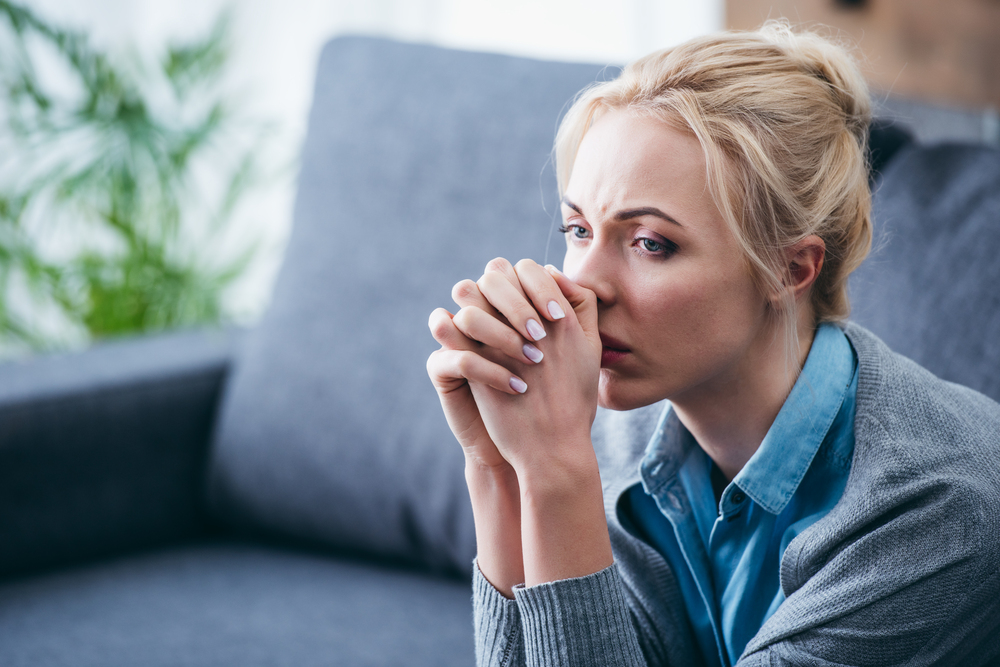Anxiety is a pervasive and persistent mental health challenge that affects millions of people worldwide. While it may not be easily curable, medical professionals and researchers are tirelessly exploring new ways to help individuals manage their symptoms effectively. Anxiety disorders can significantly impact daily life, relationships, and even physical health, making it crucial for both medical and therapeutic communities to find solutions that provide relief and long-term stability.
Understanding Anxiety
Anxiety is a complex condition influenced by a combination of genetic, environmental, and psychological factors. It manifests in different forms, including generalized anxiety disorder (GAD), social anxiety disorder, panic disorder, and specific phobias. Symptoms often include excessive worry, restlessness, rapid heartbeat, difficulty concentrating, and physical manifestations such as sweating and nausea.
While traditional treatments like cognitive behavioral therapy (CBT) and medication have proven effective for many, anxiety remains challenging to eliminate entirely. One of the biggest obstacles to curing anxiety is its deeply ingrained nature in the brain’s response system. The amygdala, responsible for processing fear and emotions, plays a significant role in triggering anxious responses. Rewiring these neural pathways is a slow and difficult process, often requiring a combination of treatments.
Medical Advancements in Anxiety Treatment
Despite the difficulty in curing anxiety, medical professionals continue to develop innovative approaches to treatment. One promising area of research is neurostimulation techniques, such as transcranial magnetic stimulation (TMS) and deep brain stimulation (DBS). These methods aim to regulate brain activity by targeting specific neural circuits linked to anxiety.
Pharmaceutical advancements are also being explored. Traditional anti-anxiety medications, such as selective serotonin reuptake inhibitors (SSRIs) and benzodiazepines, have helped countless patients manage symptoms, but they come with potential side effects and dependency risks. Newer medications, including those targeting glutamate pathways, are under investigation as potential game-changers in anxiety treatment.
Additionally, medical professionals are emphasizing the importance of holistic approaches. Lifestyle interventions, including diet, exercise, and mindfulness techniques, are increasingly recognized as valuable tools in anxiety management. Studies suggest that incorporating activities like meditation, yoga, and deep breathing exercises into daily routines can significantly reduce anxiety levels over time.
The Role of Dentistry in Managing Anxiety
Anxiety is not confined to general life stressors—it can significantly impact specific areas, such as dental care. Dental anxiety is a widespread issue, affecting both children and adults. Anxious patients are in every dentist’s chair, making it crucial for dental professionals to find ways to ease their distress.
Many individuals avoid dental visits due to fear, leading to poor oral health and a higher risk of dental complications. Dentists are now employing various strategies to help patients cope with their anxiety, including sedation dentistry, virtual reality distraction techniques, and even therapy dogs in dental offices. Furthermore, technological advancements such as painless laser treatments and noise-reducing equipment are being integrated into practices to create a more comfortable experience for anxious patients.
The Power of Physical Activity in Reducing Anxiety
While medical treatments are essential, lifestyle modifications play a significant role in managing anxiety. Exercise, in particular, has been widely recognized for its ability to reduce stress and improve mental health. One simple yet effective method is walking. Taking long walks can help relieve it, as physical activity releases endorphins, which are natural mood boosters.
Walking also encourages mindfulness by allowing individuals to focus on their surroundings, breathing, and physical sensations rather than their anxious thoughts. Nature walks, in particular, have been linked to decreased cortisol levels, the hormone responsible for stress. Studies show that even 30 minutes of walking per day can significantly improve overall mental well-being.
The Future of Anxiety Treatment
While anxiety remains difficult to cure, the future of treatment looks promising. Researchers are investigating the potential of psychedelic-assisted therapy using substances like psilocybin and MDMA. Preliminary studies suggest that these therapies may help rewire the brain’s response to fear and trauma, offering long-term relief for individuals with treatment-resistant anxiety.
Additionally, artificial intelligence (AI) and digital therapy solutions are becoming more prevalent. AI-driven chatbots and mobile applications can provide real-time support, cognitive exercises, and coping strategies for individuals experiencing anxiety attacks. Virtual reality exposure therapy (VRET) is another emerging technology that allows individuals to confront and gradually desensitize their fears in a controlled environment.
Anxiety may be hard to cure, but medical professionals and researchers continue to explore innovative solutions to help individuals manage it effectively. Whether through advancements in medication, neurostimulation techniques, holistic approaches, or technological interventions, the fight against anxiety is ongoing. While a definitive cure may still be out of reach, the combination of medical science and lifestyle modifications offers hope to those struggling with this challenging condition. By embracing both traditional and modern approaches, society can work towards creating a world where anxiety is more manageable and less of a burden on daily life.

